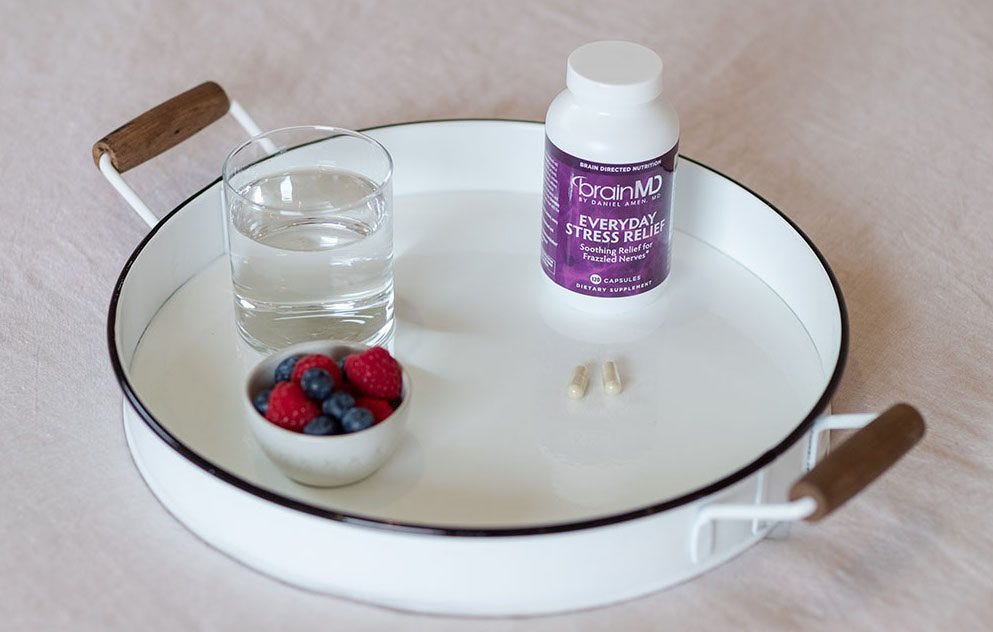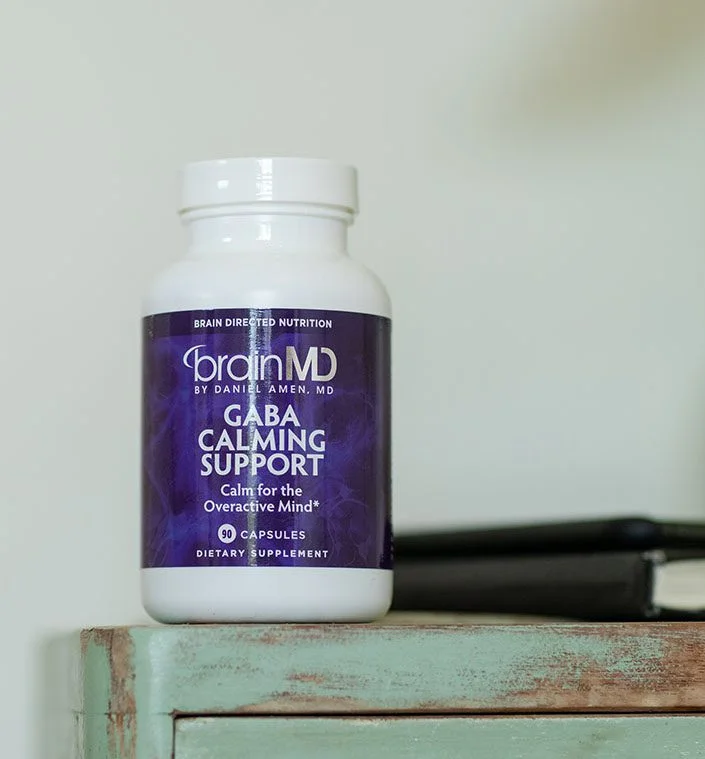What Are Some of the Best Ways to Manage Anxiousness?
Occasional anxiety and stress are a normal part of life. But sometimes unexpected circumstances arise that prove to be anything but normal. During these periods of uncertainty, it’s easy to give in to fear and worry.
When people have too much stress in their life, they often turn to unhealthy ways of dealing with it to feel better. However, these choices can end up doing more harm than good in the long-term.
So, what positive coping strategies can you adopt during seasons of stress? Let’s take a look at some practical “dos” and “don’ts” for how to respond to adverse or stressful situations.
Do’s & Dont’s of Managing Stress
Don’t Increase Alcohol Intake
While drinking to deal with stress is more common in men than in women, the truth is, it isn’t healthy for anyone. Research shows that alcohol use may compound the effects of stress. The numerous scientific studies on alcohol indicate there is no minimum intake that is safe or beneficial to our health.
Alcohol use can change the functioning of the brain’s stress response system and impair your ability to cope with stress. In the long run, excessive alcohol consumption may make your body more susceptible to the effects of stress. Alcohol is a toxin, and this is just one of the many ways alcohol use negatively affects the brain and body.
Do Drink More Water
Since your brain is mostly water, drinking plenty of water can help the brain and body in numerous ways, including:
- Helping prevent fatigue
- Sustaining attention and mental performance
- Helping to balance mood and emotions
- Maintaining short-term memory function
- Supporting healthy blood volume to deliver oxygen to the brain
- Helping prevent and relieve minor headaches
- Supporting brain mineral balance to promote coping with stress
Don’t Binge-Watch TV
While staying informed is important, too much news can produce feelings of anxiousness. Switching away from the news might not yield a more favorable result since the suspenseful, frightening, or violent scenarios often featured in fictional entertainment can raise stress levels without you even realizing it. If that wasn’t bad enough, research has shown that watching TV to escape stress can make you feel guilty because you aren’t being productive, which may make it that much harder for you to relax.
Do Get Consistent Physical Activity
Exercise is a great way to increase your feel-good neurotransmitters, such as serotonin and dopamine. It also can help raise your heart rate and lower stress hormones. Exercise equips you to better handle stress and possible crises in the future because it raises beta-endorphins, the brain’s natural form of morphine. As a bonus, exercise is a well-documented way to raise the brain growth factor called BDNF, which promotes the brain’s capacity to make new nerve cells.
Don’t Eat Unhealthy Foods
When you’re stressed out, you may be tempted to use food as a coping mechanism. Craving foods loaded with sugar, salt, and simple carbohydrates can make you feel worse by causing your blood sugar to spike and then crash. As difficult as it may be at first, try reaching for healthy, whole foods when you’re emotionally overwhelmed.
Do Eat Brain-Boosting Foods
Making healthier choices in your diet can benefit your waistline, help lift your mood, and provide a long-lasting increase in energy and focus. Your brain requires foods that are high in vitamins, essential minerals, and other nutrients to help meet its huge energy requirements throughout the day. Consider adding these good mood foods to your grocery list.
Due to the poor nutritional quality of the standard American diet (SAD), many people aren’t receiving proper nutrition from the foods they eat. To help fill in the nutrition gap, it’s essential to get energy-enhancing, stress-reducing nutrients.
2 of the Best Ways to Reduce Your Stress and Anxiety
To stay healthy in today’s fast-paced world, you need to be resilient to stress. Everyday Stress Relief helps replenish your brain and body’s stores of magnesium, a mineral crucial for practically all our life processes and which can be depleted during times of increased stress. This science-based supplement also includes herbal extracts clinically proven to have calming and anti-stress effects, helping to ease anxiousness without causing sleepiness. This formula helps you cope with apprehension, tension, worry, and fatigue. It includes:
- Magnesium – magnesium is a major mineral important for us to make energy and keep our brain connections (“synapses”) fine-tuned so that we can stay calm, balanced and maintain a mentally focused demeanor in the face of stress.
- Taurine – a nutrient classified as conditionally-essential because some people need it from their diet, taurine has versatile benefits for electrical transmission in the brain. It also supports the adrenal glands, which are crucial for coping with stress.
- Holy Basil – holy basil (Ocimum sanctum, also called Tulsi), is revered both in Europe and the East for improving adaptation to occasional anxiety, feelings of exhaustion, forgetfulness and other problems related to stress.
- L-theanine – derived from green tea, l-theanine is a unique amino acid found in clinical trials to improve mood, anxiousness, and cognition as well as the quality of sleep in people coping with stress.
- Relora® – a unique mix of two herbs (Magnolia officinalis and Phellodendron amurense) that can enhance healthy management of the stress hormone cortisol while easing tension, anger, negative mood, and confusion.
This safe, non-sedating, and non-habit-forming formula combines the multiple beneficial actions of these well-studied herbs and nutrients to help your brain and body cope with stress on multiple levels.
GABA Calming Support is a unique combination of clinically proven ingredients that can help you cope with restlessness, irritability and other challenges associated with occasional anxiety. This formula can help calm your racing thoughts to help prepare you for sleep; it doesn’t cause drowsiness, so it’s safe to take during the day. It includes:
- GABA – the brain’s main calming neurotransmitter, GABA supports the body’s natural mechanisms for quieting the mind and gradually falling asleep.
- L-Theanine – this unique amino acid has also been found to have calming and relaxing effects while preserving mental sharpness.
- Lemon balm (Melissa officinalis) – a member of the mint family that has been used as a medicinal herb for over 2000 years, lemon balm likely increases GABA’s calming activity in the brain.
- Magnesium – magnesium has calming and relaxing effects and promotes overall sleep quality.
- Vitamin B6 – also known as pyridoxine and pyridoxal-5-phosphate, vitamin B6 is essential for over 100 enzyme reactions. The brain’s circuits need adequate vitamin B6 to produce various neurotransmitters, including GABA, dopamine, and serotonin, all of which help promote calm and relaxation while helping you stay in a good mood.
GABA Calming Support can help facilitate the production of calming brain waves, correct stress-causing nutritional deficiencies, and promote relaxation.
You’ll find Everyday Stress Relief and GABA Calming Support, along with other natural and effective products, in our Stress & Relaxation category.
At BrainMD, we’re dedicated to providing the highest purity nutrients to improve your physical health and overall well-being. For more information about our stress and relaxation products and our full list of supplements, please visit us at BrainMD.
- This Is What You Need to Know About HBOT
Medically Reviewed by Dr. Nicole Avena - April 22, 2024 - Hormone Changes in Men: How to Know If You Have Low Testosterone! - April 15, 2024
- This Is What You Need to Know About EMDR Therapy! - April 11, 2024







Can both of these be taken together? I suffer from a lot of worry and anxiety.
Hello thank you for your comment, yes these supplements can be combined for daily use. If you have any other questions feel free to reach us at https://brainmd.com/customer-care.